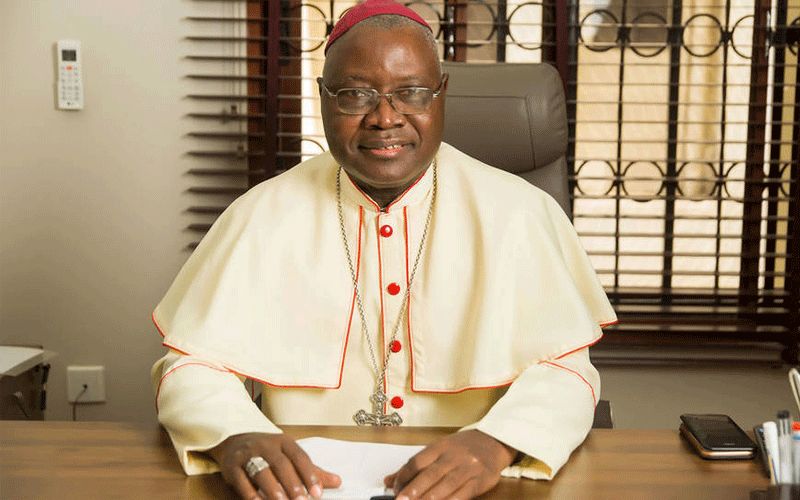Abuja, 14 September, 2020 / 9:25 pm (ACI Africa).
The Archbishop of Nigeria’s Abuja Archdiocese has, reflecting on Sunday, September 13 readings, called for “genuine forgiveness” as a way out of “most social crises.”
“With genuine forgiveness, most social crises can be curtailed and brought under control; peace can be restored in broken homes, society and the world at large,” Archbishop Ignatius Ayau Kaigama said Sunday, September 13 during Mass at the Holy Cross Parish, Apo in Abuja.
Through forgiveness, Archbishop Kaigama said, “We free our hearts of all the negative feelings and effects of resentment: hostility, hatred, insecurity and hurtful feelings which cause us emotional, psychological and physical harm; we remove the toxic wastes from our souls.”
Against the backdrop of violence reports in Africa’s most populous country, the Nigerian Archbishop said, “Whole-hearted forgiveness by all is what will heal Nigerians and speed up our social integration and progress.”








